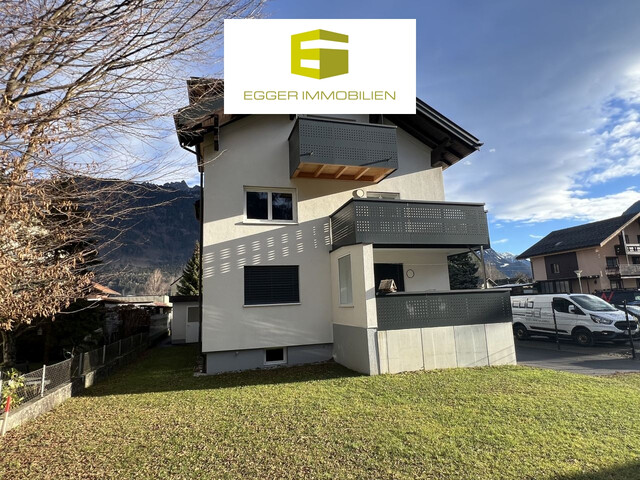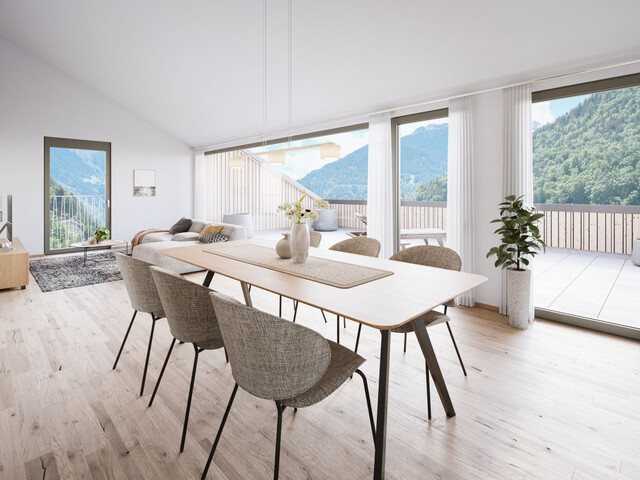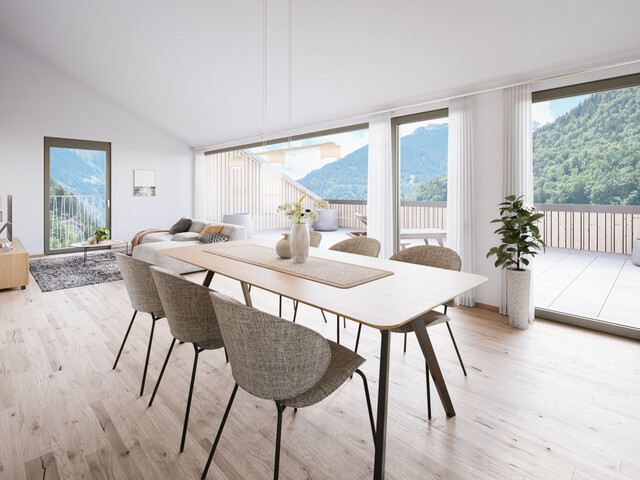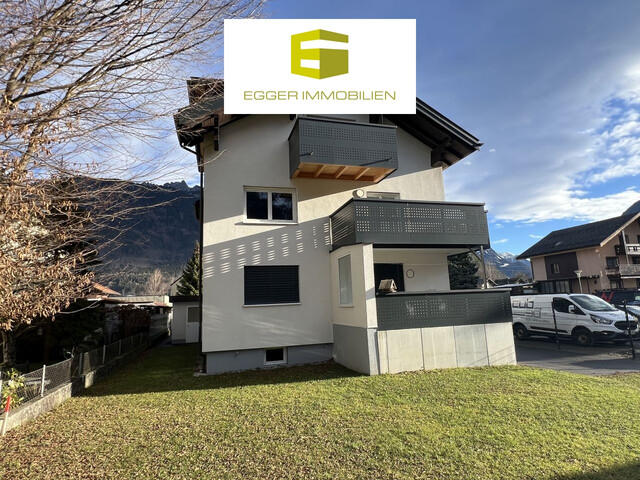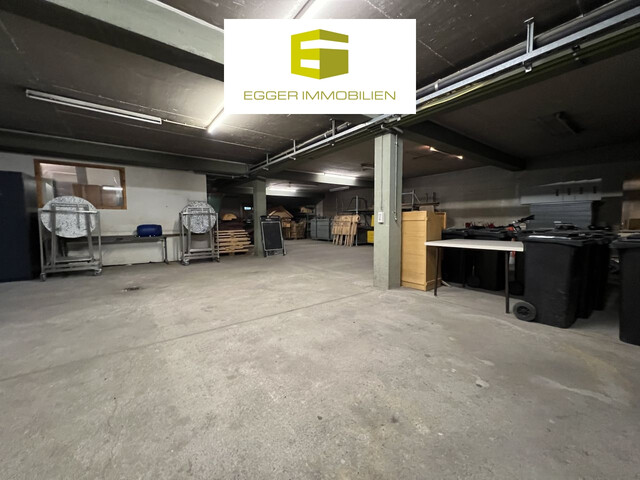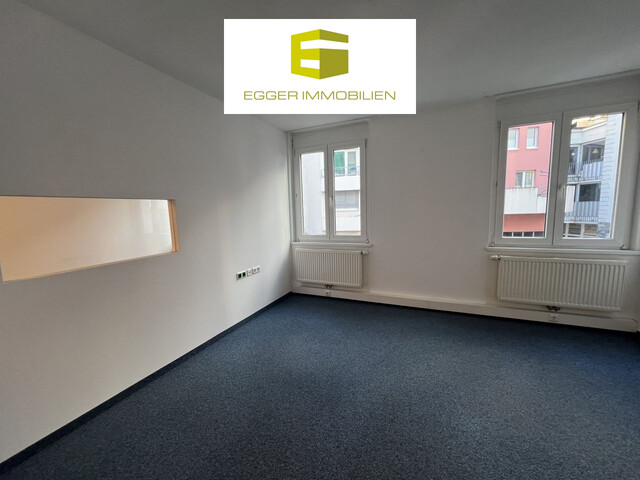Different Regulations for Social Assistance in the Federal States

The current nationwide guidelines are enshrined in the Social Welfare Basic Law (SH-GG) created in 2019. Instead of minimum standards, the Basic Law provides for maximum rates (maximum amounts). For individuals living alone and single parents, the amount of social welfare in 2025 is a maximum of approximately 1,209 euros per month. For couples, a monthly maximum amount of approximately 1,693 euros has been set. For adults living with others in a community of need, only 70 percent of the full benefit is to be granted per eligible person (846 euros), from the third adult person 45 percent (544 euros). To cover housing needs, 30 percent more can be granted than is stipulated in the maximum rate ("housing cost allowance"), in addition, there are further benefits for specific cases.
There are additional cash benefits for children. The states can determine these freely, as the Constitutional Court overturned the degressive (decreasing with the increasing number of children) maximum rates for minors set in the Social Welfare Basic Law in December 2019. In Vienna, Salzburg, Carinthia, and Burgenland, there is the same amount of money for each child, regardless of family size. In all other states, there are lower cash benefits depending on the number of children.
According to the Ministry of Social Affairs, the average benefit amount in 2023 was 802 euros per month per community of need (these refer to the eligible individuals and can consist of one or more persons, e.g., in a shared household). The highest benefit was in Vorarlberg (921 euros), the lowest in Burgenland (671 euros), with the federal capital Vienna averaging 805 euros among the states. The SH-GG has not yet been implemented in all federal states through the Social Welfare Implementation Act, for example in Tyrol, where the old minimum security still applies, or in Vienna with only partial implementation.
The Current Regulations on Social Welfare in the Federal States
Vienna
In Vienna, the much-discussed practice of paying the same amount of money per child regardless of the number of children will continue. Currently, there is an additional 326 euros per month for each child in the federal capital. For the rate for single individuals or single parents (social welfare 906.76 euros plus housing cost allowance 302.25), Vienna, like almost everywhere else, adheres to the current rate of 1,209.01 euros, as well as the amounts for the benefits of communities of need.
However, cuts for families are also on the horizon in Vienna, which are expected to affect children and communities of need or shared households (WGs) from 2026: Amounts earmarked for housing (currently 25 percent for adults, provided they receive rent assistance) will also be deducted from rent assistance for children in the future. A family with five children will receive around 400 euros less per month due to the new regulation regarding rent assistance, it was said. WGs will also be equated with families ("communities of need"), which will reduce the benefit amount for the individual.
Lower Austria
Lower Austria aligns almost 1:1 with the guidelines of the Social Welfare Basic Law, here too there is 1,209 euros for single individuals/single parents (social welfare plus housing), and generally, the maximum rates apply. If the eligible person lives in their own home, the part of the social welfare intended for housing is reduced, resulting in a total cash benefit of only 967 euros.
For child rates, a tiered system applies in Lower Austria. For one minor in the household, there is 25 percent of the basic benefit (currently 302 euros), for two persons each 20 percent (241.80 euros), for three each 15 percent (181 euros), for four each 12.5 percent (151 euros), and for five or more persons only 12 percent (145 euros) per person.
Upper Austria
In Upper Austria, single individuals and single parents currently receive 1,209.02 euros per month, and the other rates are also based on the Basic Law. The rates for children are progressively staggered, similar to Lower Austria: for the first child, there is 302.26 euros (25 percent of an adult), then the amount decreases, and from five children onwards, it is only 145.08 euros (twelve percent) per child. There are additional allowances for single parents, disabilities, etc.
Furthermore, there is a so-called "obligation to make an effort," which is now being further refined. A corresponding amendment to the law is to be passed in December and will apply from 2026. Among other things, the sanction levels - previously ten percent, then 20, then 50 percent reduction - are to be tightened. The ten and 20 percent levels will be eliminated in the future. If one violates the obligation to make an effort, it will be immediately reduced by 30 percent, then by 50 percent. It is also explicitly stated what falls under the obligation to make an effort - for example, self-initiated applications and participation in qualification courses, and parents are to be held more accountable regarding school and kindergarten obligations.
Styria
Styria also follows the maximum rates mentioned in the Basic Law. The rate for each minor child in the household of a social assistance recipient is 21 percent of the maximum rate for the first, second, and third child. From the fourth minor eligible person living in an economic community, the 17.5 percent maximum rate applies.
Tightenings are planned for 2026, with a draft law currently under review to introduce an "obligation to make an effort" from next March, including stricter sanctions and the introduction of minimum and substitute prison sentences for non-compliance. Social assistance recipients will have to attend language courses, for example, and acquire qualifications to be more marketable in the labor market. Additionally, the maximum rate will be reduced to 95 percent of the equalization supplement reference rate. Payments for minors will also be reduced following the model of Upper and Lower Austria.
Salzburg
In Salzburg, the maximum rates provided for in the Basic Law also apply. There is no gradation for children, the rate is 302 euros. Otherwise, the leeway provided by the federal government is used restrictively, mainly through strict sanctions, and even goes beyond that, according to the office of the interim state governor's deputy Marlene Svazek (FPÖ).
In the case of "breaches of duty," the share for living expenses from social assistance is reduced, namely to 70 percent for the first violation, to 50 percent for the second violation, up to the complete elimination after the fourth breach of duty. A breach of duty is considered, for example, if "one's own labor force is not reasonably used or participation in labor and integration policy measures is refused" or if "persons required to undergo training do not pursue their school and vocational training purposefully," according to the state homepage.
Tyrol
In Tyrol, the old minimum security laws still apply, so minimum security is still paid instead of social assistance. The specific calculation of minimum security depends on the respective life situation. There are respective minimum and maximum rates for different areas. In regions with higher housing costs, a correspondingly higher housing cost allowance is provided. The minimum rate for an adult single person was 906.8 euros in 2025, for non-single individuals, or persons who are not single parents, it was 680.07 euros.
For children, a tiered system is planned: for the 1st and 2nd child, there is 299 euros, for the third child 275 euros, for the fourth to sixth child 181 euros, and from the seventh child 145 euros. For the coming year, the Tyrolean state government announced a reform with stricter measures in certain areas. Central to this will be a cap on amounts for large families and a system change for those with subsidiary protection. According to the plans, the latter would no longer be entitled to minimum security but should receive basic provision if necessary.
Carinthia
In Carinthia, the rates are also based on the maximum rates of the Basic Law. The benefit, called "Social Assistance and Assistance for Living Expenses" there, amounts to 1,209.02 euros for single persons or single parents.
For children, there is no tiering of the benefit amount. For each minor child in the household, the standard rate is 21 percent of the net equalization supplement reference rate (2025: 253.89 euros). There are surcharges if there is a disability or a single-parent situation. Other social benefits from the state, such as housing allowance or family support, are deducted from social assistance.
Vorarlberg
In Vorarlberg, the rates for single persons are higher than elsewhere and will be 1,375.41 euros in 2025 (725.41 euros social assistance plus a maximum of 650 euros for housing needs). The amount is explained by the higher benefit to cover housing needs. A couple receives 2,033 euros (1,233.19 euros social assistance plus 800 euros for housing needs).
For minor children, however, the lowest rate in the federal state comparison is 232.13 euros. There is also a tiered system in the region: from the fourth child living in the household, one receives only 159.59 euros, and from the seventh child 123.32 euros.
Burgenland
In Burgenland, the federal law was implemented last year through the Burgenland Social Support Act, and the benefit is called "Burgenland Social Support". The maximum rates are also based on the aforementioned federal framework.
For children living in the same household, as in Vienna, Salzburg, and Carinthia, there is no tiering, but the rates are lower: 278 euros per child. If there is no or a lower housing need or if it is covered otherwise, the respective maximum rates are to be reduced by this share (by a maximum of 40 percent).
(APA/Red)
This article has been automatically translated, read the original article here.
Du hast einen Hinweis für uns? Oder einen Insider-Tipp, was bei dir in der Gegend gerade passiert? Dann melde dich bei uns, damit wir darüber berichten können.
Wir gehen allen Hinweisen nach, die wir erhalten. Und damit wir schon einen Vorgeschmack und einen guten Überblick bekommen, freuen wir uns über Fotos, Videos oder Texte. Einfach das Formular unten ausfüllen und schon landet dein Tipp bei uns in der Redaktion.
Alternativ kannst du uns direkt über WhatsApp kontaktieren: Zum WhatsApp Chat
Herzlichen Dank für deine Zusendung.


